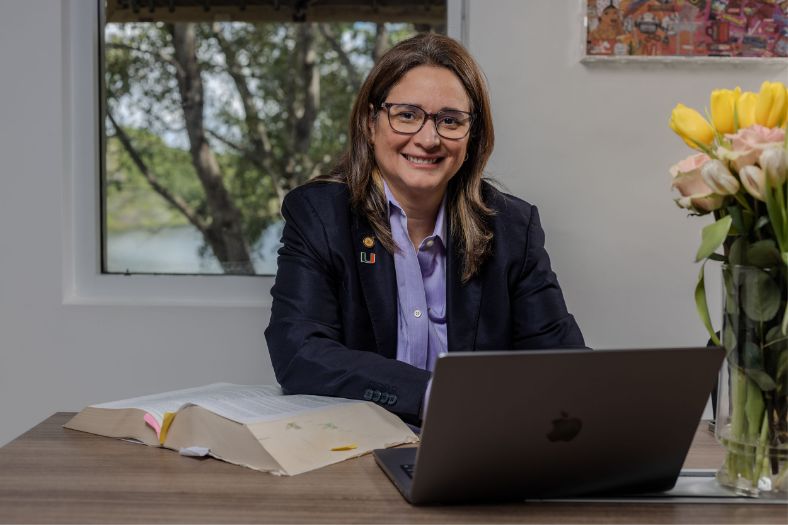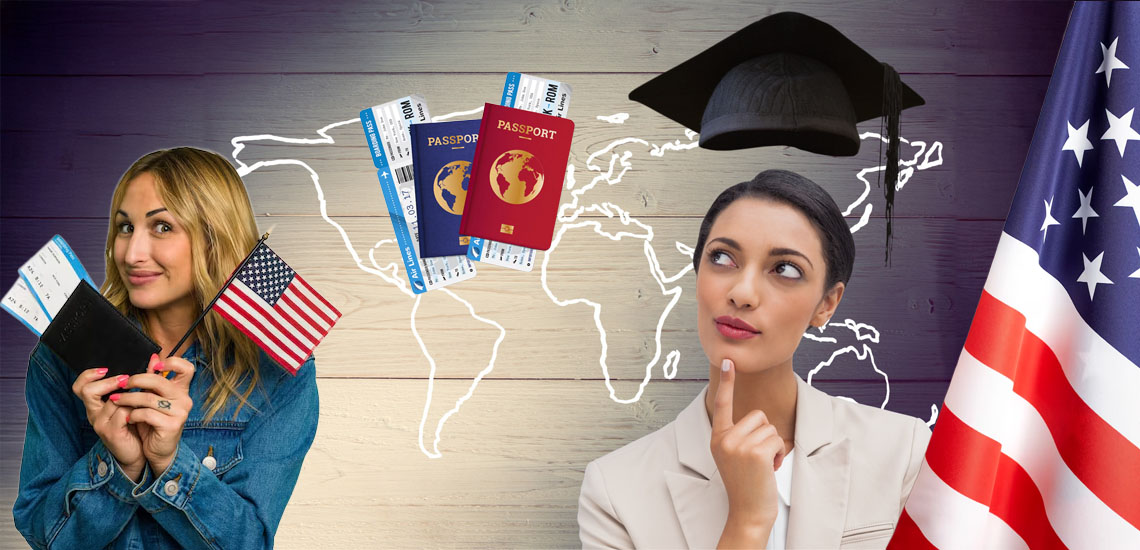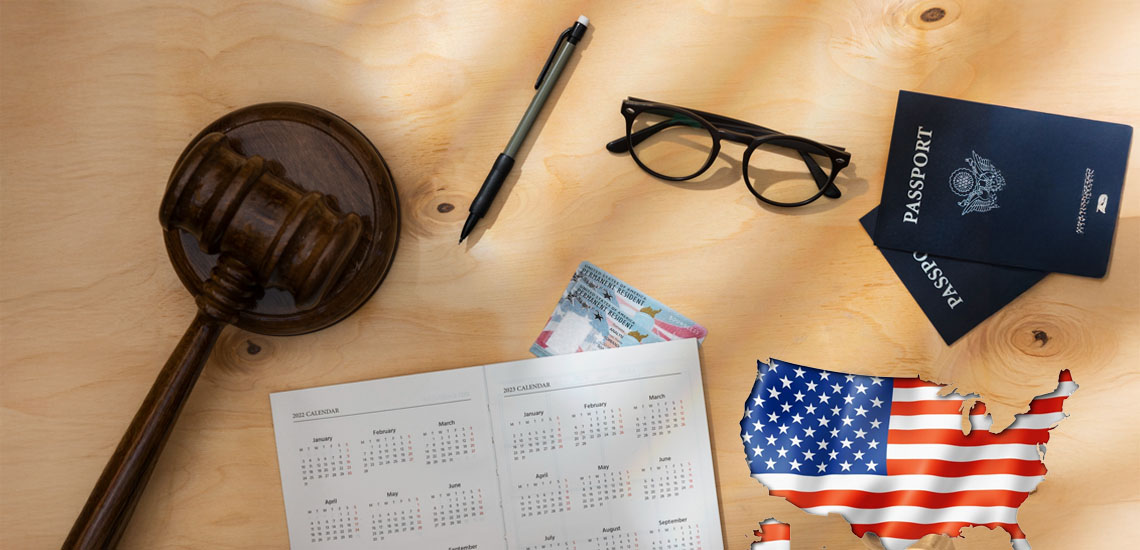
AnaMaria Rivera Law Firm
Consular Processing in Miami
At AnaMaria Rivera Law Firm, we are here to guide you through the consular processing, ensuring you are well-prepared for each step on your path to obtaining a visa or residency in the United States.
Consular processing is the method through which visa applicants outside the United States obtain their immigrant visa through a U.S. consulate or embassy. This process is essential for those seeking to enter the U.S. as permanent or temporary residents.
Detailed Steps of the Process to consular processing
1.
Petition Filing
The process begins with filing an immigrant or non-immigrant visa petition with USCIS.
2.
Petition Approval
Once approved, the petition is sent to the National Visa Center (NVC) for processing.
3.
Fee Payment and Document Submission
The applicant must pay the required fees and submit the requested documentation to the NVC.
4.
NVC Review
The NVC reviews the documents, and if complete, schedules an interview at the U.S. embassy or consulate.
5.
Consular Interview
The applicant must attend the consular interview, where a consular officer will evaluate the application and determine visa eligibility.
6.
Visa Issuance
If the application is approved, a visa will be issued, allowing the applicant to travel to the U.S.
Required Documentation to consular processing

Location
Consular processing is conducted at a U.S. embassy or consulate abroad, while adjustment of status is done within the U.S.
Duration
Processing times can vary, but consular processing is generally faster than adjustment of status.
Travel Restrictions
Adjustment of status applicants may have travel restrictions, whereas consular processing does not impose such restrictions.
Tips for a Successful Consular Interview
- Be well-prepared
Ensure you have all the required documents organized and ready for presentation. - Be honest and clear
Answer all questions from the consular officer honestly and clearly. - Know your case
Familiarize yourself with the details of your application and be prepared to explain any aspect of it. - Dress appropriately
Dress professionally and appropriately for the interview. - Arrive on time
Arrive at the embassy or consulate well in advance to avoid any issues.
Frequently Asked Questions
Processing times can vary, but it generally takes 6 to 12 months from the petition filing to visa issuance.
If your visa is denied, the consular officer will provide a specific reason, and in some cases, instructions on how to appeal the decision.
Yes, you can reapply, but you must address the reasons for the previous denial and provide new evidence to support your application.
Contact us to start your consular process and ensure a successful transition to the United States.
Latest News
We advise you on
- Consular Processing for Colombians
- Consular Processing for Ecuadorians
- Consular Processing for Venezuelans
- Consular Processing for Mexicans


